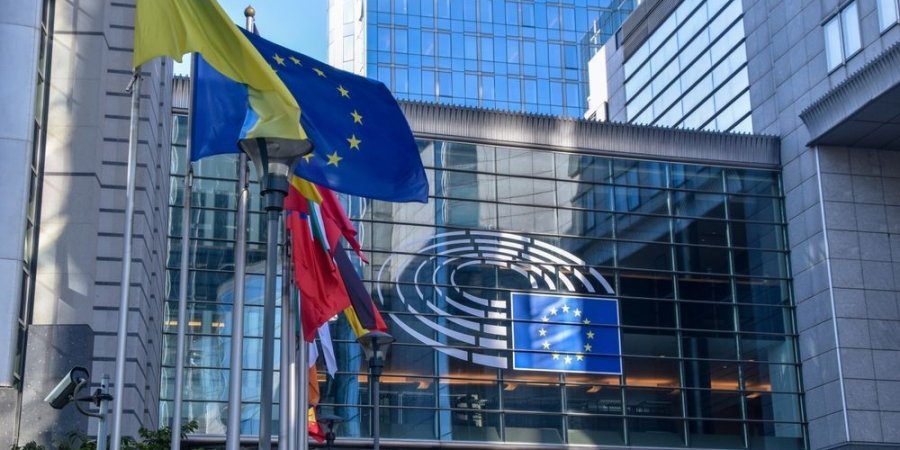The European Parliament's Committee on the Environment, Climate Change and Food Safety has approved the European Commission's proposal to simplify the carbon border adjustment mechanism (CBAM).
This was reported on the official website of the European Parliament.
MEPs adopted only technical amendments for clarification and supported a new minimum weight threshold of 50 tons, which will exempt 90% of importers – mainly small and medium-sized enterprises and individuals – who import only a small amount of CBAM goods.
The environmental objective of the CBAM remained unchanged, as 99% of total CO2 emissions from imports of iron, steel, aluminum, cement, and fertilizers will continue to be covered by the rules.
For covered imports, the amendments also simplify the authorization of declarants (parties wishing to import CBAM-covered goods), the calculation of emissions and the management of CBAM financial obligations, and strengthen anti-abuse provisions.
After the vote, rapporteur Antonio Decaro said that the majority of the committee agreed to limit the amendments to specific Commission proposals and not to revise other provisions of the CBAM legislation.
“This approach allows us to simplify the work of companies without abolishing or weakening CBAM,” he emphasized.
Pascal Canfin, MEP and coordinator of the Committee on Environment, Health and Food Safety, said that the central majority of the European People's Party, the European Renaissance, Solidarity and the Greens had agreed to work together on this document from the very beginning, jointly introducing and supporting the same amendments. Therefore, attempts by far-right groups in the committee to weaken the CBAM failed.
“Their efforts to undermine this instrument of climate and economic sovereignty once again reveal their agenda for a weaker and less sovereign Europe in favor of fossil fuel producing countries,” the coordinator said.
Next steps
A plenary vote on the amendments will be held in the European Parliament on May 22, 2025. And in early 2026, the European Commission will assess whether to extend the scope of the carbon import adjustment mechanism to other sectors of the greenhouse gas emissions trading system where there is a risk of carbon leakage.
Earlier, EcoPolitics reported that the European Commission proposes to the European Parliament and the Council to amend Regulation (EU) 2023/956 and postpone payments under the carbon import adjustment mechanism until February 2027. In our material, we informed about the main simplifications for importers regarding CBAM proposed by the European Commission.
On May 1, we also told you that the EU is already accepting applications for CBAM declarant status.





